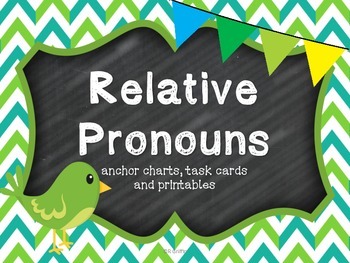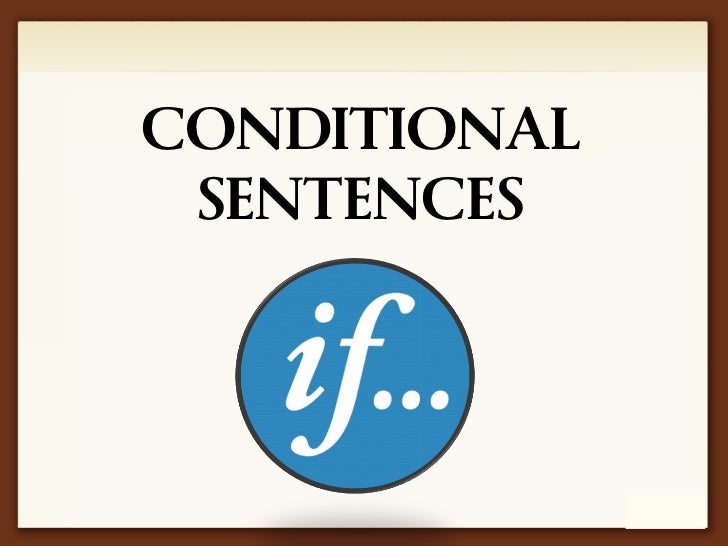Relative Pronouns
คำสรรพนามที่ใช้แทนคำนาม (Relative Pronouns) มีดังต่อไปนี้
| Subject | Object | Possessive |
|---|---|---|
| who | who(m) | whose |
| which | which | whose |
| that | that |
เราจะใช้ who และ whom กับบุคคล, และ which กับสิ่งของต่าง ๆ
หรือเราจะใช้ that ทั้งกับบุคคลและสิ่งของต่าง ๆ ก็ได้เช่นกัน
เราใช้ relative pronouns เมื่อ
• ตามหลัง คำนาม เพื่อ เน้นย้ำ ถึงบุคคลหรือสิ่งของที่เรากำลังพูดถึง
เช่น
the house that Jack built
the woman who discovered radium
an eight-year-old boy who attempted to rob a sweet shop
the woman who discovered radium
an eight-year-old boy who attempted to rob a sweet shop
• เพื่อบอกรายละเอียดเพิ่มเติมเกี่ยวกับบุคคลหรือสิ่งของนั้น ๆ
เช่น
My mother, who was born overseas, has always been a great traveller.
Lord Thompson, who is 76, has just retired.
We had fish and chips, which is my favourite meal.
Lord Thompson, who is 76, has just retired.
We had fish and chips, which is my favourite meal.
แต่เราจะ ไม่ ใช้ that เป็น ประธาน ในประโยครูปแบบต่อไปนี้
เราใช้ whose เป็นการแสดงถึง ความเป็นเจ้าของ ของ who:
เช่น
This is George, whose brother went to school with me.
บางครั้งเราจะใช้ whom แทนการบอกถึง กรรม ของคำกริยาหรือคำบุพบท
เช่น
This is George, whom you met at our house last year.
This is George’s brother, with whom I went to school.
This is George’s brother, with whom I went to school.
แต่ ในปัจจุบันนี้ เราจะใช้แค่ who
เช่น
This is George, who you met at our house last year.
This is George’s brother, who I went to school with.
This is George’s brother, who I went to school with.
เวลาที่ whom หรือ which มีคำบุพบทติดมาด้วย คำบุพบทนั้น สามารถนำไปไว้ตรง ตอนต้น ของประโยคย่อยได้
เช่น
I had an uncle in Germany, from who[m] I inherited a bit of money.
We bought a chainsaw, with which we cut up all the wood.
We bought a chainsaw, with which we cut up all the wood.
… หรือ ตอน ท้าย ของประโยคย่อยได้เช่นกัน
เช่น
I had an uncle in Germany who[m] I inherited a bit of money from.
We bought a chainsaw, which we cut all the wood up with.
We bought a chainsaw, which we cut all the wood up with.
เราสามารถใช้ that ในตอนต้นของประโยคย่อย
เช่น
I had an uncle in Germany that I inherited a bit of money from.
We bought a chainsaw that we cut all the wood up with.
We bought a chainsaw that we cut all the wood up with.


